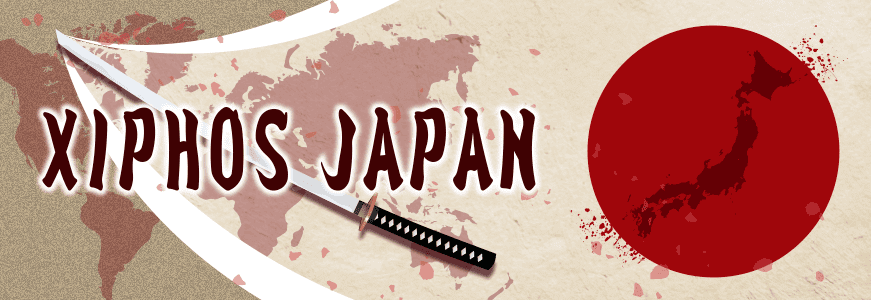 The year 2021 is almost over, and this will be my last business column for this year.
The year 2021 is almost over, and this will be my last business column for this year.
It may be difficult to describe the year 2021 in a few words, but there have been so many events that future historians may call it turbulent.
The Tokyo Olympics, held amidst controversy, the first Olympics in 50 years, the House of Representatives election, etc., have honestly filled me up. I think this is the opinion of the majority of the people.
Although the coronavirus outbreak seemed to have temporarily subsided, new strains of the virus have been discovered, and there is a growing possibility that existing vaccines may not be sufficient.
I sincerely hope that everyone will be able to spend the year 2022 in peace.
Due in part to the coronavirus, the world is undergoing a series of policy shifts from free trade and immigration to protectionism. Even Germany, which had been relatively generous in accepting immigrants, finally stated that its immigration policy was a mistake. Australia, a country built on immigration, used to accept a large amount of immigrants and investments from Asian countries, especially from China, but after the coronavirus, Australia broke with China and started to restrict the entry of not only immigrants but also foreigners in general.
In the midst of such a global trend, I feel a sense of crisis because Japan has launched a policy that is the exact opposite. In order to make up for the shortage of workers in certain industries, Japan has a special skills system that allows foreign workers to work in Japan.
Many foreign workers, mainly from Asian countries, visit Japan every year to take advantage of this system. This system itself has a lot of problems and is a failed policy that only considers the immediate future, but I am also very concerned about the revision of the rules to grant permanent residency to foreigners who come to Japan under this system.
To begin with, every country imposes strict regulations on foreign workers in order to protect the working environment of the native population. For example, only those with special skills that cannot be supplemented by native workers are allowed to work, and wages must be higher than those of native workers.
When a Japanese athlete wants to play for a team in Europe or the U.S., the complications of obtaining a work visa are sometimes reported in the news. Also, if a foreigner wants to play for a Japanese professional baseball team, the same procedure is required, and there is a limit of how many players each team can have.
This is not only a problem in Japan, but in all countries, there is a limit to the number of foreign players per team in order to protect the players from their home countries. If this rule were not in place, teams with a lot of money would be able to use their financial strength to field a team full of foreign players.
I am not opposed to hiring talented foreign workers, but I have a strong sense of discomfort when foreign workers are hired under different labor standards than native workers.
For example, Japan’s fishing industry has been in decline for the past 20 to 30 years. In addition to the harsh working conditions, the income is unstable. It is hard to imagine that the younger generation will be motivated to work in such a fragile environment, where private rooms and shower rooms are not as plentiful as on foreign fishing boats.
Even with such working conditions, Indonesian workers, whose conditions are far better than those in their home countries, are pouring into the country in droves, and there are not a few fishing boats that have only a few Japanese on board and the rest are Indonesians. As a result, Japan, once the world’s largest fish catch, has been overtaken by China, Indonesia, India, and other countries, and is now ranked 10th in the world.
While the decline in fish catches is due to changes in Japanese dietary habits and the 200 nautical mile problem, it is also due to the fact that foreigners who learned Japan’s excellent fishing methods and gear have been overtaken by those who returned to their home countries and started fishing using the same methods.
However, if a company chooses to use foreign workers without a long-term vision and with the intention of easily reducing labor costs, it may end up strangling itself. Japanese workers, who used to be very diligent in the past, tend to be very picky about the type of business they work in, even though it is the trend of the times.
If there are foreign workers who are more industrious than Japanese and can be hired at lower salaries, what kind of decision will the manager make? The answer will be obvious. And if they are not temporary workers, but given permanent rights that are almost equal to those of Japanese workers, it will accelerate the possibility of further depriving Japanese people of jobs.
If you say that Japan is a capitalist country and competition is a matter of course, you are right, but it is human nature to rely on a system when it exists, so it is necessary to re-examine the system itself.







